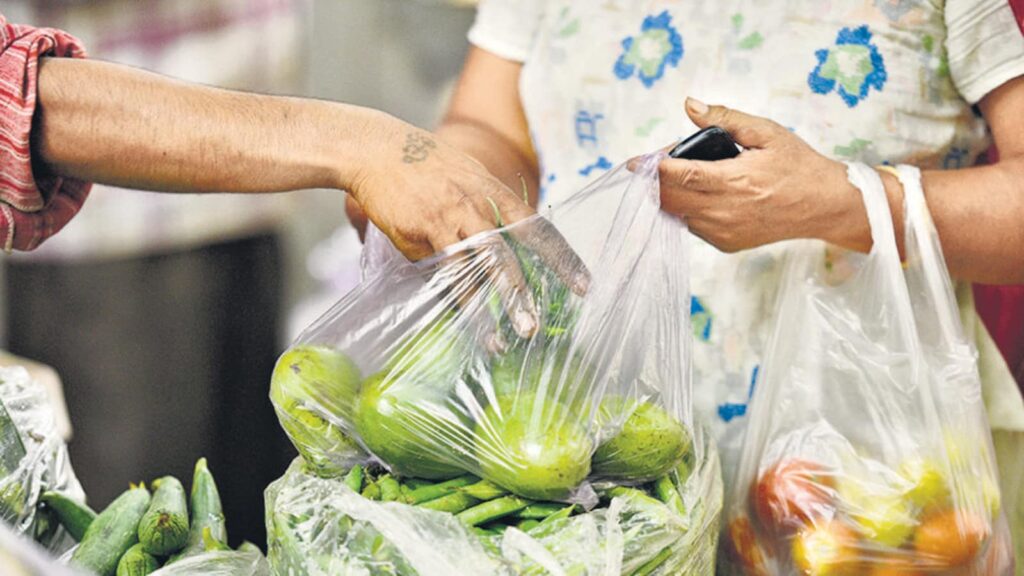
1. From Assembly to Markets, Plastics Find Their Way Around Delhi Ban
Despite the ban on several single-use plastic (SUP) products imposed last year, cups and spoons were found in the Delhi Assembly as recently as the budget session and at several vends across the capital. Over the past 10 months, the Delhi government has banned plastic products twice. While 19 SUP items were prohibited on July 1, 2022, a ban on plastic bags thinner than 120 microns came into force in January this year.
However, many of these prohibited items are still used openly across the Capital. Deepak Ballani, director-general, of All India Plastic Manufacturers Association, said its members are not manufacturing the banned plastic items, adding that most manufacturers have transitioned to other plastic products. “For example, if they used to manufacture plastic bags of less than 120 microns, now they have retrofitted their machines to manufacture bags which are above 120 microns.”
Thank you for your generous gift that will help us continue the production of this weekly, free publication
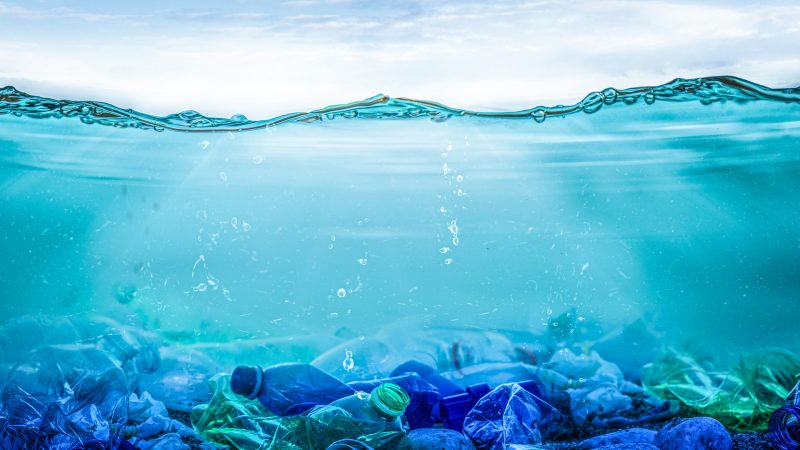
2. EPA Unveils Draft National Strategy to Combat Plastic Pollution. But, Is It Feasible?
The EPA has published the preliminary version of the “National Strategy to Prevent Plastic Pollution” representing a significant advancement in the Biden-Harris Administration’s initiatives to reduce pollution and create a circular economy. By 2040, the EPA aims to completely eradicate the discharge of plastic and other waste from land-based sources into the environment.
In collaboration with industry leaders and other stakeholders, the EPA has established three main goals for its strategy: Goal A: Reduce pollution throughout plastic production; Goal B: Enhance the management of materials after their use; Goal C: Prevent waste and micro/nanoplastics from entering waterways and eliminate any escaped waste from the environment.

3. Pollution, Bird Flu Threaten ‘Very Fragile’ Chilean Dolphin Population
Growing pollution, industrial activities, and now bird flu are threatening the Chilean dolphin, one of the world’s smallest cetaceans, in the cold Pacific waters off Chile’s western coastlines. Also known as the “tonina negra,” the dolphin’s small population lives along the Chilean southern and central coasts, in bays also used for industrial activities such as sea farming and seaweed extraction.
“Chilean dolphins share spaces with humans, and knowing this, we have to work even more to protect this unique species”, as the species is “very fragile because there are only a few of the dolphins left.” Officials receive constant reports of dolphins stranded on beaches, sometimes tangled in nets and other times killed by pollution after consuming plastic or other waste. One official also pointed to the threat of bird flu, which has been detected in Chile’s wild birds, marine animals, and industrial complex.
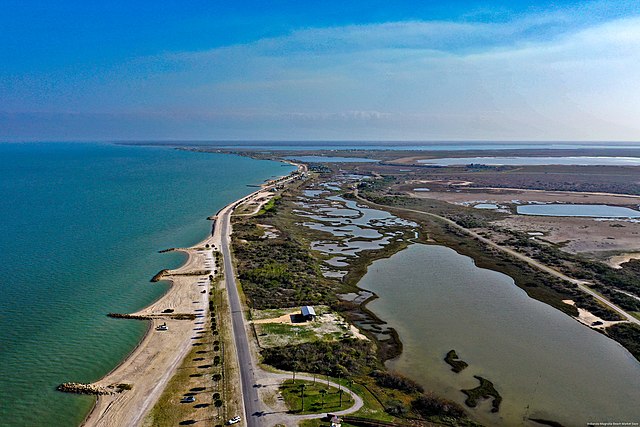
4. 2023 Goldman Environmental Prize Winners Include Texas Gulf Coast Defender
Grassroots activists who took on British mining giants and a serial plastics polluter – and won – are among this year’s recipients of the world’s most prestigious environmental prize. The environmental campaigns led by the six 2023 Goldman prize winners highlight the hurdles some local activists face, who are often on the frontlines confronting the toxic mix of corporate greed and systemic corruption that is fueling the climate emergency, biodiversity collapse, and increasingly forced displacement.
The winners include the fourth-generation American fisher Diane Wilson, who won a landmark lawsuit against Formosa Plastics, one of the world’s largest petrochemical companies for dumping vast quantities of toxic plastic waste on the Texas Gulf coast. Wilson, 74, collated insider information from over 100 whistleblowers, becoming a self-trained private investigator and citizen scientist after state authorities let the Taiwanese multinational pollute with impunity for over three decades.
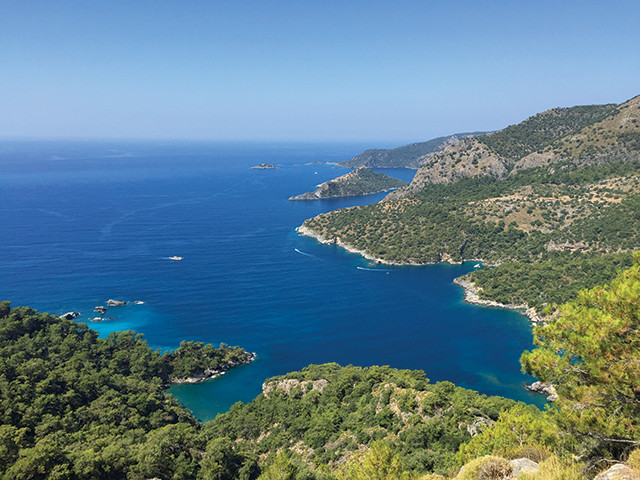
5. Turkish Activist Wins Goldman Environmental Prize for Marine Conservation Work
Zafer Kizilkaya, a Turkish marine conservationist, has been awarded the Goldman Environmental Prize for his work in protecting the Mediterranean’s marine biodiversity. Kizilkaya founded the non-profit organization, the Mediterranean Conservation Society, which focuses on marine conservation and raising public awareness about the need to protect the Mediterranean Sea.
His work led to the creation of Turkey’s first marine protected area, the Kekova-Simena Marine Protected Area, which covers 47,500 hectares and is home to hundreds of marine species. The Goldman Environmental Prize is awarded annually to grassroots environmental activists around the world who have made significant contributions to environmental protection and conservation.
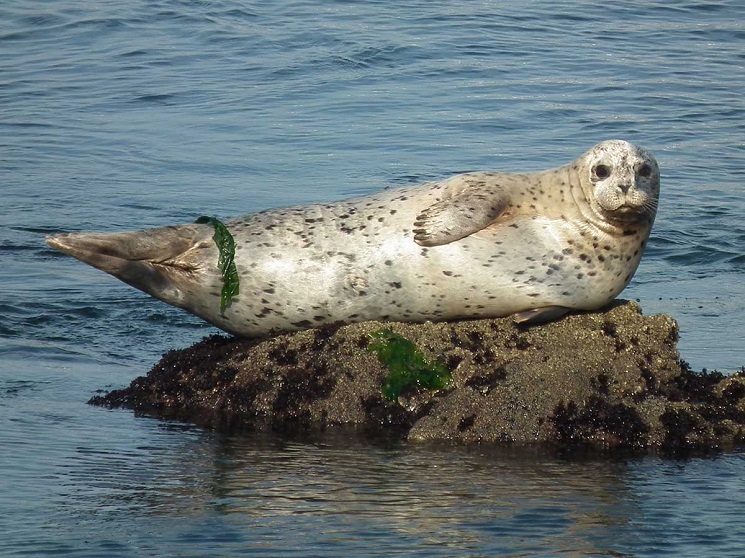
6. How Harbour Seals Thrive in a Busy, Industrial Estuary: A Tale of Adventure and Survival
Harbour seals living in the Elbe estuary in Germany have been equipped with biotelemetry devices to track their movements over several months, revealing that the animals use the fairway, river branches and tributaries within the estuary. The seals’ movements were characterized by short trips and small home ranges compared to those of seals in marine regions.
During the pupping season in June and July, the seals showed strongly reduced trip lengths and durations, as well as smaller home ranges. Most of the seals studied spent the entire deployment duration inside the estuary, indicating that it provides a suitable habitat for these animals despite extensive anthropogenic usage. The study provides valuable insights into the behavior of harbour seals in estuarine habitats under high anthropogenic pressure.
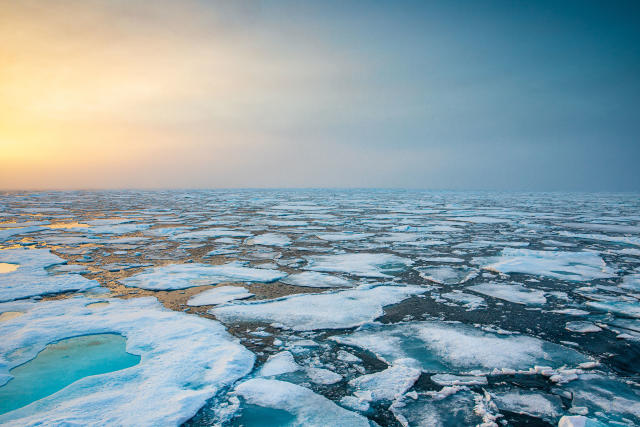
7. Microplastics Have Infected Critical Arctic Ice Algae
A critical component of the food web in the Arctic is at risk. According to a new study published in the journal Environmental Science and Technology, Arctic ice algae has become infected with microplastics, threatening the creatures that feed on the algae. The new study shows that the algae found beneath the Arctic ice have much higher concentrations of microplastics than the surrounding seawater.
Researchers say when the algae die, clumps of them carry the microplastics out to the deep sea, which could explain the high concentrations of microplastics found in sediment out there. The ongoing fight against plastic pollution is not a small one, and entire patches of plastic and other garbage can be found in the ocean. And these algae under the Arctic ice aren’t the only thing being infected with microplastics. Researchers also found plastic-infested rocks on a remote island in Brazil.
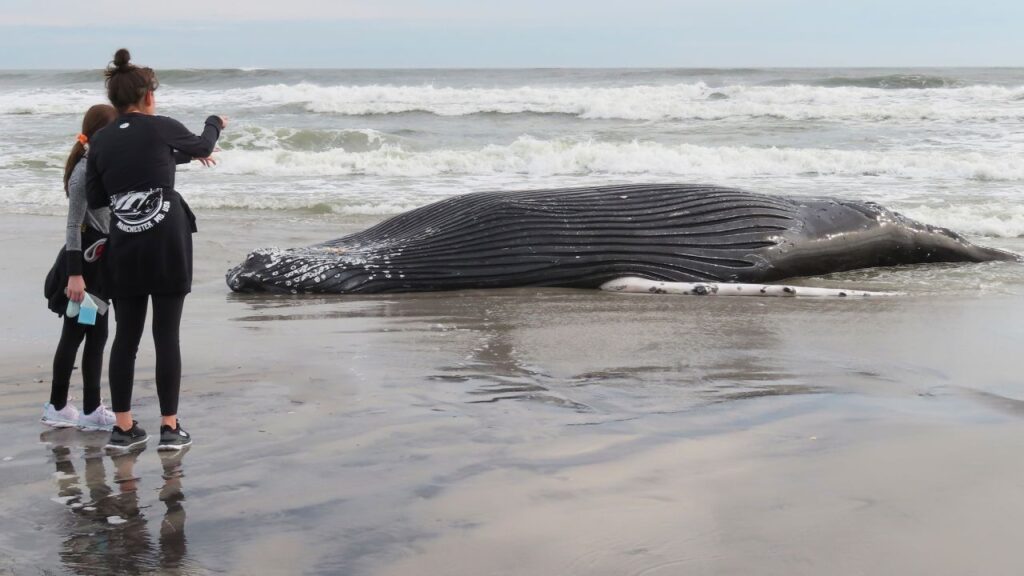
8. Increased Whale Sightings and Deaths Near New York and New Jersey Concern Experts
Experts are concerned about the increased number of whale sightings and deaths near New York and New Jersey. According to the Atlantic Marine Conservation Society, there have been eight whale deaths reported in the region this year, compared to an average of three per year. The deaths are believed to be caused by collisions with boats or entanglement in fishing gear.
However, the cause of the increased sightings is unknown. Whale sightings have been reported in areas where they were previously not seen, such as the Upper East River and the Arthur Kill. Experts believe this could be due to the whales following their prey, which are likely to be abundant due to the cleaner waters in the region. The experts warn that collisions with boats can be fatal for whales and urge boaters to be cautious and maintain a safe distance from the animals.
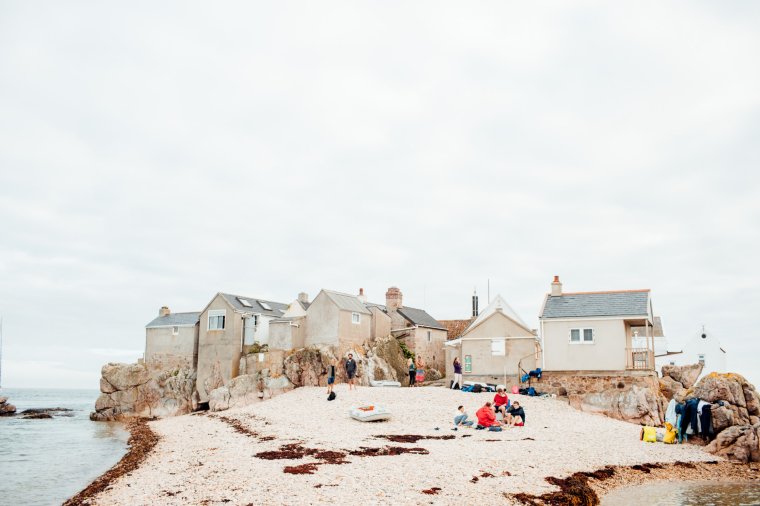
9. The ‘Echrehous: Jersey’s Precious Desert Islands That Are Home to Seals, Crabs and Starfish
Six miles off the coast of Jersey, the Ecrehous are one of the two archipelagos that many UK travelers do not know exist. During high tide, the Ecrehous vanishes, but when it comes to low tide, the landscape triples in sizes and reveals its’ sandbanks, beaches, coves, and bays. As beautiful as the landscape can be, it is also dangerous because “the currents are constantly changing.
Sandbanks appear out of nowhere that didn’t exist the day before. The tides comes up faster than you can run. So, you always need to keep one eye on what the sea is up to”. For centuries, the Ecrehous was a refugee for fisherman and smugglers and nowadays it is an important haven for wildlife as it is marked a marine conversation zone. The Ecrehous are special as “one minute you’re on Jersey surrounded by 100,000 people. Twenty minutes later, you’re paddling around an island where you’re the only one around”.
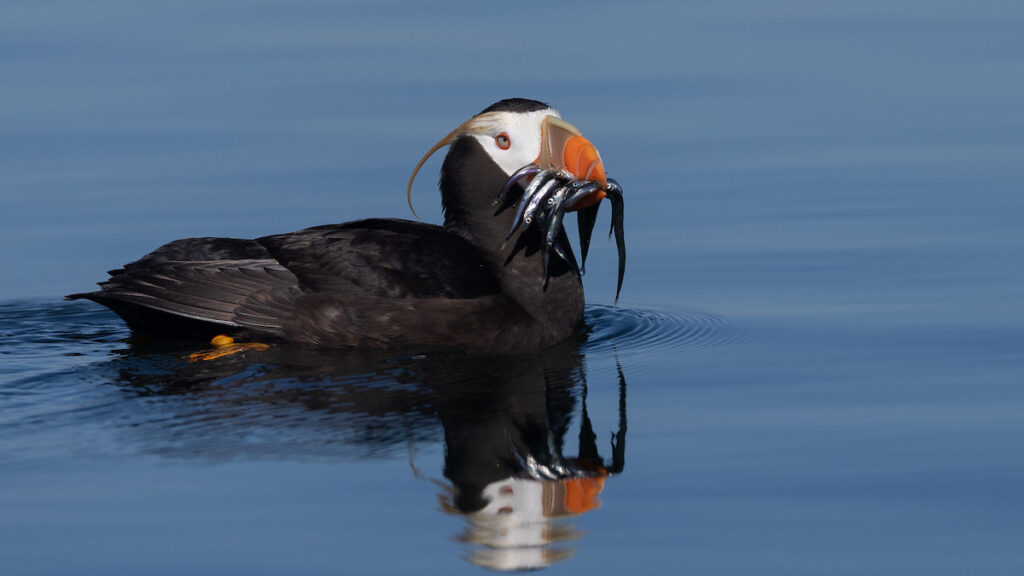
10. Court Challenge Dropped after Chevron Surrenders Offshore Oil and Gas Permits in B.C Ocean Conservation Hotspots
Chevron voluntarily gave up 19 permits in the Scotts Island marine National Wildlife area north of Vancouver. Chevron made the announcement after the David Suzuki Foundation and World Wildlife Fund Canada challenged the permits in July of 2022. The groups were planned to argue that offshore oil and gas rights that were made fifty years ago shouldn’t still remain valid, especially in conservation areas.
By retiring these permits, it will improve the protection of two sponge colonies that boast the highest concentration of breeding seabirds on Canada’s Pacific coast. Despite the removal of these permits, Chevrons other sleep permits can hinder the creation of new conservation areas such as the one to create a network of marine protected areas along the B.C coast.
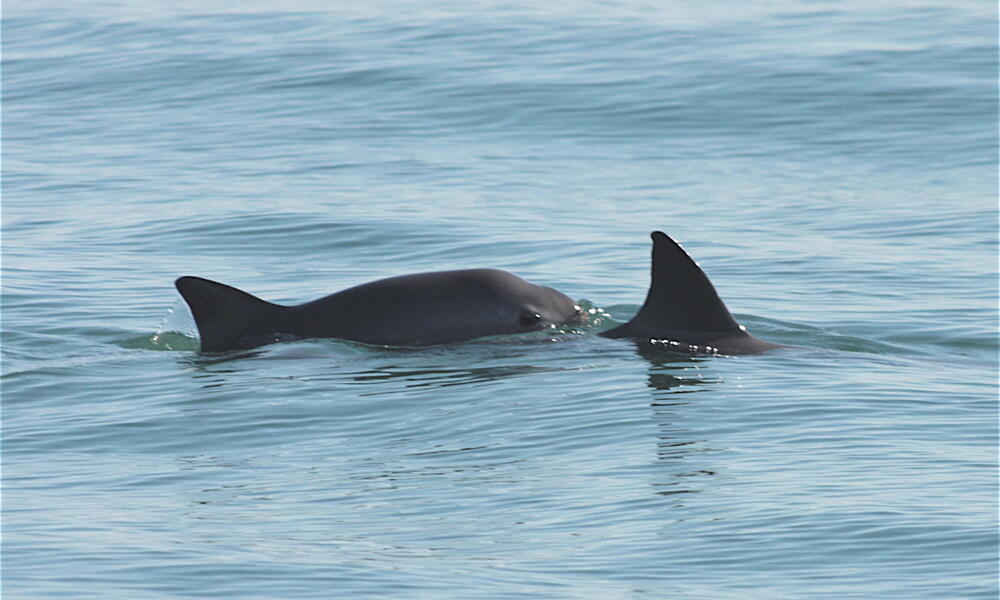
11. Gillnets Obliterating Endangered Species in Reef Waters
As photos have been released, there is a growing concern of gill nets in the Great Barrier Reef killing a large amount of endangered species. The photos show threatened species, such as dugongs, narrow sawfish and green turtles entangled in the gill nets or dead along the beaches in northern Australia. Currently in Queensland, there is over 240 licensed gill net fishers using 159km of gill net to support in catching barramundi and mackerel.
Some are to be believed to operating illegally by not following the Vessel Monitoring System, and purposefully “wounding and killing species to entangle them from nets”. The Australian Marine Conversation Society (AMCS) stated the devastation done by gill nets in the Great Barrier Reef World Heritage Area as they can capture and drown threatened species in minutes. AMCS campaign manager Simon Miller stated how the photos only show one small stretch of the damage and how you can imagine the carnage that takes place out of sight.
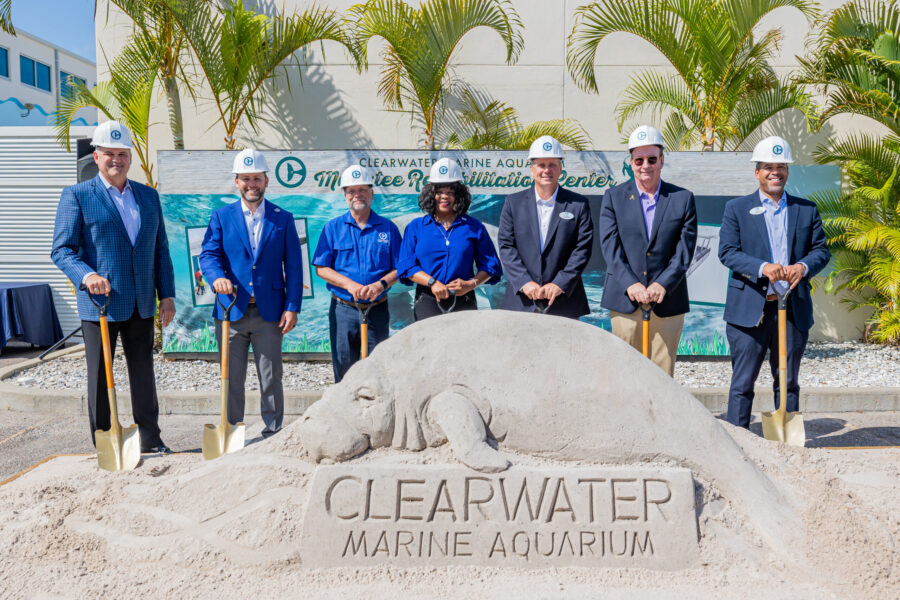
12. Officials Hope New Facility Can Mitigate Manatee Deaths
Clearwater Marine Aquarium celebrated the opening of their new Manatee Rehabilitation Center that will support manatees that need restorative care. Since the beginning of 2023, 243 manatees have died and since 2021, over 2,100 manatees. Many of them have suffered from starvation due to loss of seagrass beds, boat strikes, red tide and cold stress syndrome.
The center not only wants to rehabilitate manatees, but behaviorally train them to increase their chances of survival once they were reintroduced into the wild. Florida has lost about 24% of its total manatee population, so the goal of the center is to expand their conversational scope. With the use of innovative technology, the center plans to create medical habitats to increase the comfort for the manatees. Additionally, the center will have an underwater viewing area for guests to observe as the become more educated about the wonders of the manatee.
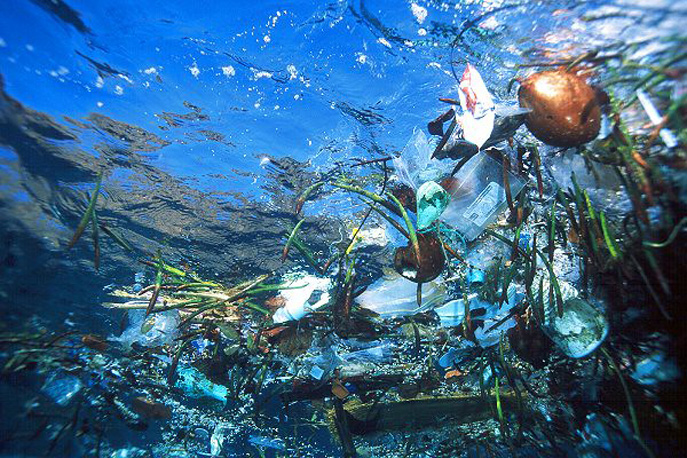
13. UK Parliament to Hold Debate on Reducing Plastic Pollution in Oceans
The UK parliament’s Backbench Business Committee has announced that it will hold a debate on reducing plastic pollution in the oceans. The debate will provide an opportunity for MPs to discuss ways to address the growing problem of plastic waste in the world’s oceans.
The discussion is expected to cover a range of issues, including the impact of plastic pollution on marine wildlife, the effectiveness of current policies and initiatives, and opportunities for innovation and collaboration to tackle the issue. The debate comes amid growing public concern over the environmental impacts of plastic waste, and calls for more ambitious action to address the issue.
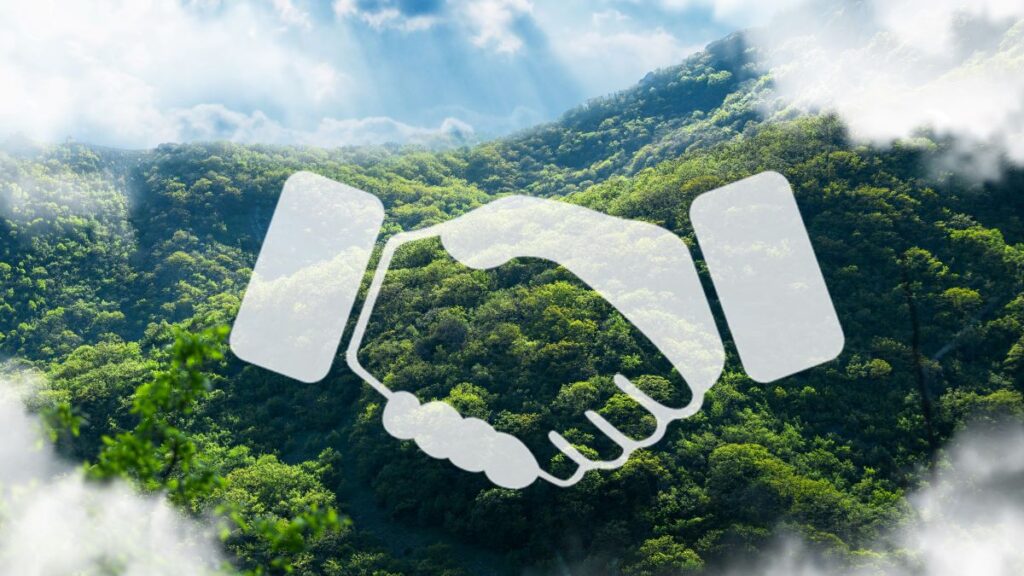
14. Global Environmental Treaties Take on the Challenge of Saving Our Planet
International environmental treaties are making progress in addressing environmental challenges, according to Earth911. The United Nations Framework Convention on Climate Change, for example, has led to significant reduction commitments in greenhouse gas emissions. The Montreal Protocol, which addresses ozone depletion, has helped to phase out ozone-depleting substances.
Additionally, the Stockholm Convention, which focuses on persistent organic pollutants, has brought about the elimination of several dangerous chemicals. However, much remains to be done to address climate change, biodiversity loss, and other pressing environmental challenges. Increased efforts and commitments are required from governments and the private sector to fully address these issues.
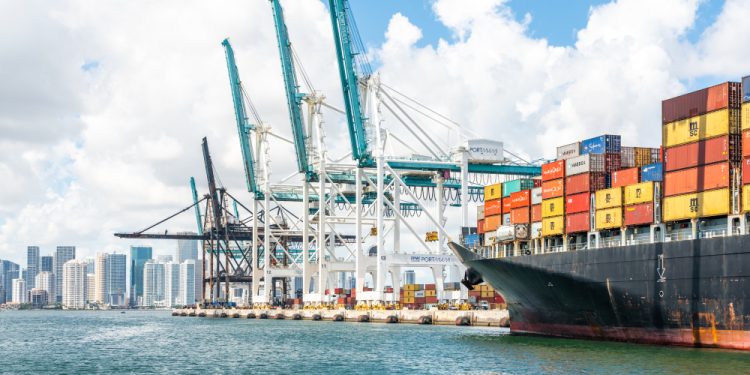
15. US Coast Guard Takes Action Against Ships Violating Environmental Protection Regulations
The US Coast Guard detained 63 ships in 2022 for environmental protection deficiencies, according to a recent report by Safety4Sea. The report shows that 20 of the ships were detained due to deficiencies in their oily water separators, while 17 were detained due to deficiencies in their pollution prevention equipment.
The remaining detentions were due to various other environmental protection deficiencies, such as improper disposal of garbage or failure to maintain ballast water treatment systems. The Coast Guard’s Port State Control program aims to ensure compliance with international regulations and prevent marine pollution. The report highlights the need for continued vigilance and enforcement to protect the marine environment.
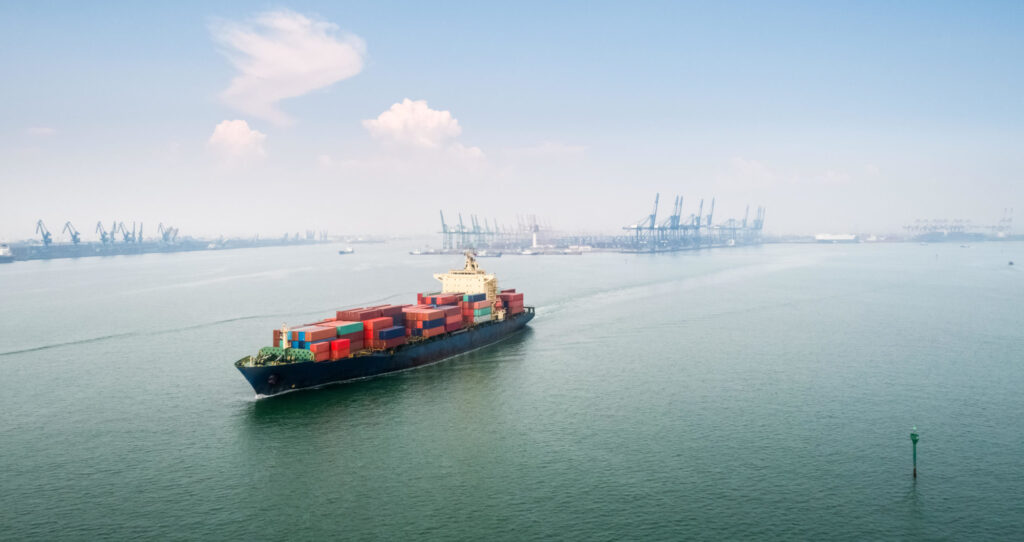
16. China Announces New Policies to Promote Eco-Friendly Marine Shipping
China has introduced new policies to promote eco-friendly marine shipping in a bid to reduce emissions and mitigate the impact of shipping activities on the environment. The new policies include encouraging ships to use shore power and low-sulphur fuels, promoting the use of eco-friendly technologies, and establishing a green financing mechanism for the maritime sector.
The policies also encourage the development of clean ports and the use of renewable energy in ports. China is the world’s largest exporter and relies heavily on shipping to transport goods, making the reduction of shipping emissions critical to global climate efforts.
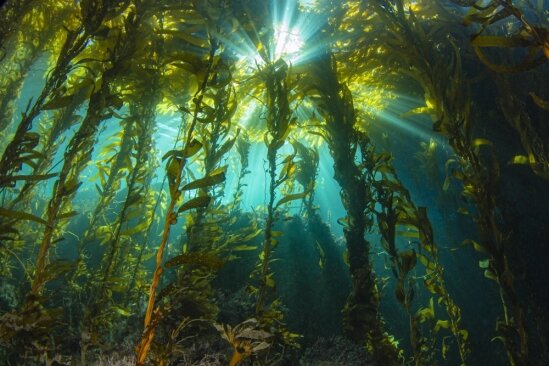
17. Kelp Forests Found to Be Worth Billions in Ecosystem Services
A study conducted by scientists at the University of California, Santa Barbara, has found that kelp forests provide valuable ecosystem services worth billions of dollars each year. The study found that kelp forests help to sequester carbon, support fisheries, protect shorelines from storms, and provide recreational opportunities.
The value of these services was estimated to be between $333 and $19,000 per hectare per year. However, kelp forests are threatened by climate change, ocean acidification, and overfishing. The study highlights the importance of preserving kelp forests and calls for increased efforts to protect these valuable ecosystems.
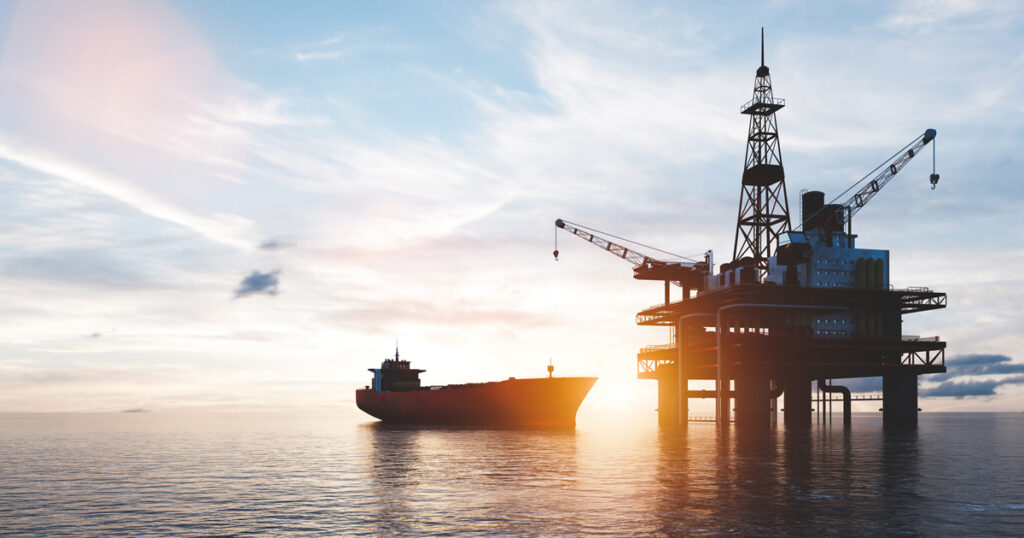
18. Global Demand for ROVs Set to Soar in Offshore Oil and Gas Sector
The global market for Autonomous Underwater Vehicles (AUVs) and Remotely Operated Vehicles (ROVs) is set to experience significant growth in the coming years, according to a new report. The report predicts that rising demand for offshore oil and gas exploration and production, as well as increasing investment in deep-sea mining and under-ice exploration, will drive the market’s growth.
The report also highlights the potential for AUVs and ROVs to be used in environmental monitoring and research, such as studying the impacts of climate change on marine ecosystems. The growth of the AUV and ROV market has implications for the offshore oil and gas industry, as well as for marine conservation and research.
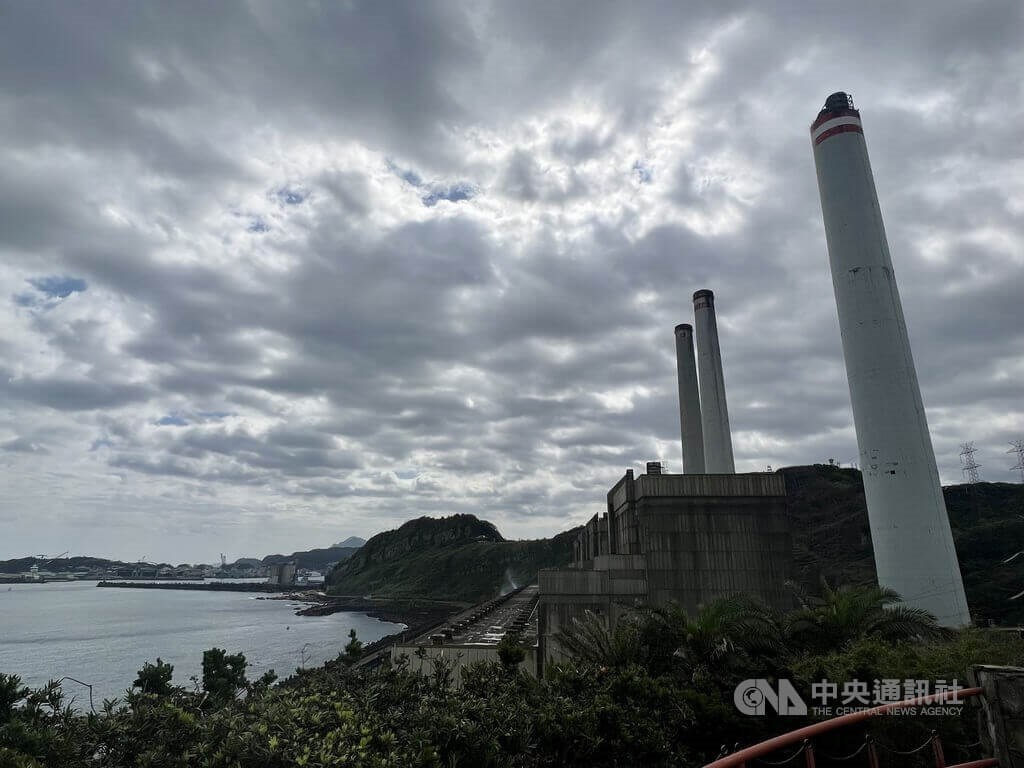
19. Taiwan Plans to Establish Marine Nature Reserve to Protect Endangered Species
Taiwan is planning to establish a marine nature reserve in the waters surrounding Penghu, a group of islands off the country’s west coast. The marine reserve will cover an area of around 2,400 square kilometers and will be designated to protect the region’s rich biodiversity, including several endangered species such as the Chinese white dolphin and green sea turtle. The marine reserve will also provide opportunities for eco-tourism and sustainable fishing. The plan is part of Taiwan’s efforts to protect its marine environment and promote sustainable development.

20. Petrochemical Plant Faces Court Challenge
ClientEarth, a non-profit environmental law organization, has launched a legal challenge against a new Ineos petrochemical plant in Antwerp, Belgium. The group argues that the plant’s environmental impact assessment is inadequate, failing to provide sufficient information about the plant’s potential impact on the climate and public health.
The challenge, which was filed in the Court of First Instance in Brussels, seeks to annul the environmental permit issued for the plant. Ineos claims that the facility, which is set to begin operations in 2023, will use modern technology to minimize emissions and is part of the company’s efforts to transition to a low-carbon economy. ClientEarth, however, argues that the plant will contribute to greenhouse gas emissions and air pollution, and that the assessment failed to take into account the full impact of the plant’s operations.
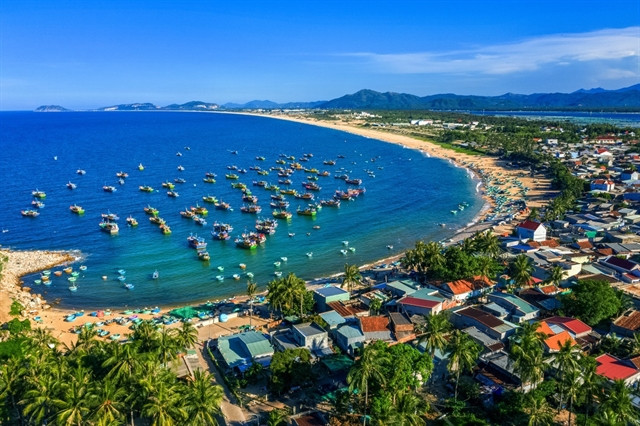
21. Vietnam Has a Lot of Work To Do To Complete National Marine Spatial Planning
Vietnam has a vast coastline of over 3,260 kilometers, 28 coastal provinces and cities, and a huge maritime economic zone. However, it lacks a national marine spatial planning strategy despite the increasing threats to the marine environment such as pollution, overfishing, climate change and rising sea levels.
The country has developed only four out of 28 marine spatial plans at the provincial level so far, with the deadline for all plans to be completed by 2030. The Ministry of Natural Resources and Environment is urging relevant authorities to prioritize marine spatial planning to ensure sustainable development of Vietnam’s maritime economy and protect marine resources. The strategy would help address conflicts among sectors that utilize marine space, improve governance and prevent conflicts among different uses of marine space.

22. US Supreme Court allows California to Sue Oil Giants for Climate Damages
U.S. Supreme Court rejects Exxon and Chevron’s appeals to block climate lawsuits in a landmark ruling. The ruling allows California cities and counties to proceed with their climate lawsuits against the energy giants for their contribution to climate change. The lawsuits accuse the companies of contributing to sea-level rise, more frequent heatwaves, and droughts.
The decision could lead to billions of dollars in damages, marking a significant victory for climate activists. Exxon and Chevron argued that the lawsuits belonged in federal court, where they had a better chance of dismissing them, but the Supreme Court’s ruling upholds a lower court’s decision to hear the cases in state court. This ruling sets a precedent that could allow other climate lawsuits to proceed in state courts.
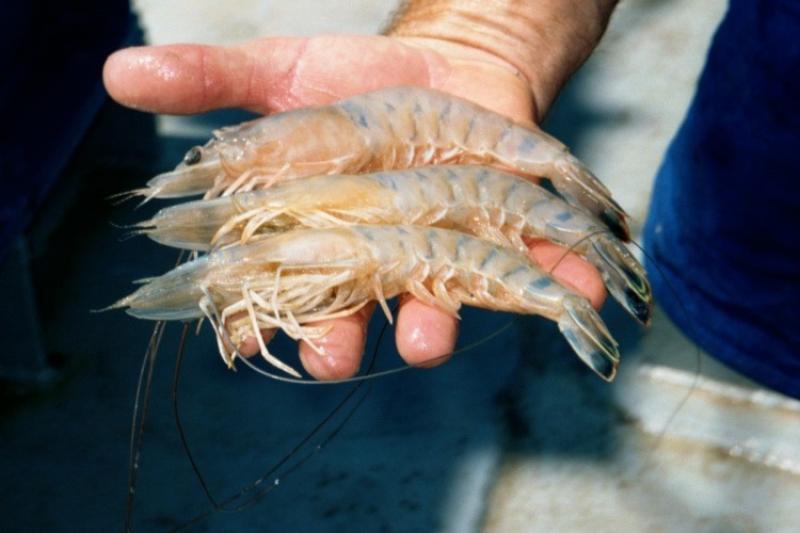
23. Alabama State Waters Temporarily Closed to Protect Shrimp Population
Alabama state waters have been temporarily closed for shrimping due to a decline in the number of shrimp. The decision was made to ensure that the shrimp population can recover, and it will remain in effect until further notice. The closure affects all inshore and offshore waters, including Mobile Bay and the Mississippi Sound.
The Alabama Department of Conservation and Natural Resources has been monitoring the shrimp population and has determined that it is below the threshold for sustainable harvest. Shrimping is a significant industry in Alabama, with an estimated $120 million value. The closure will impact the livelihoods of shrimpers, but officials say it’s necessary to protect the shrimp population and ensure a sustainable future for the industry.
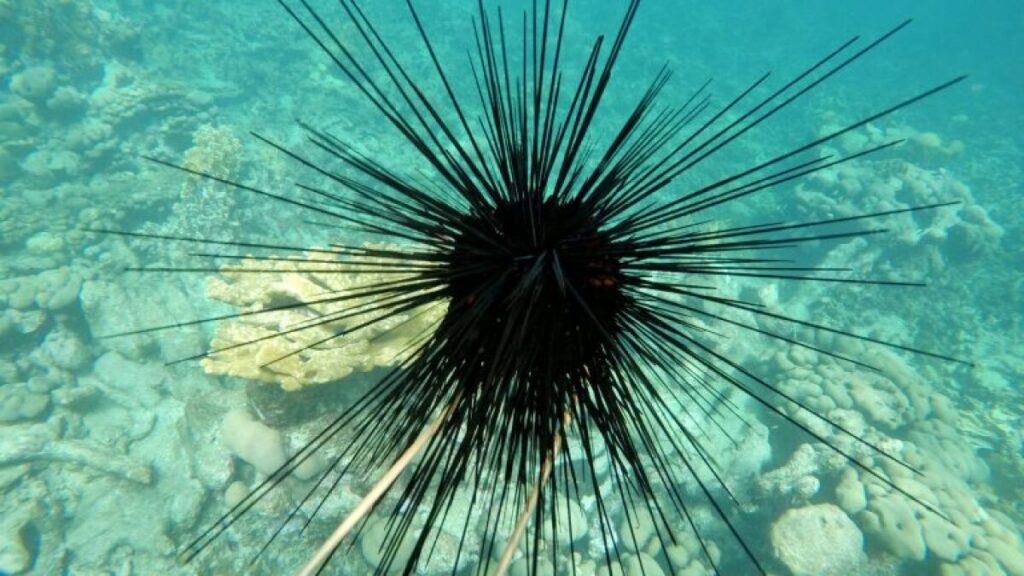
24. Parasites Killing Sea Urchins Threatens Florida Coral Reefs
Scientists have identified a tiny parasite that is killing long-spined sea urchins in Florida, leading to concerns about the impact on the state’s coral reefs. The parasite, called Haplosporidium, causes lesions on the sea urchins, leading to their death. Sea urchins play a critical role in maintaining the health of coral reefs by eating algae that can smother the reefs.
The decline in the sea urchin population could lead to an increase in algae, which could harm the coral reefs. The parasite has been found in sea urchins along the Atlantic coast from Florida to North Carolina. Stopping the spread of the parasite will be challenging, as it’s easily transmitted and difficult to treat. Scientists are working to understand the parasite better and develop strategies to prevent its spread.
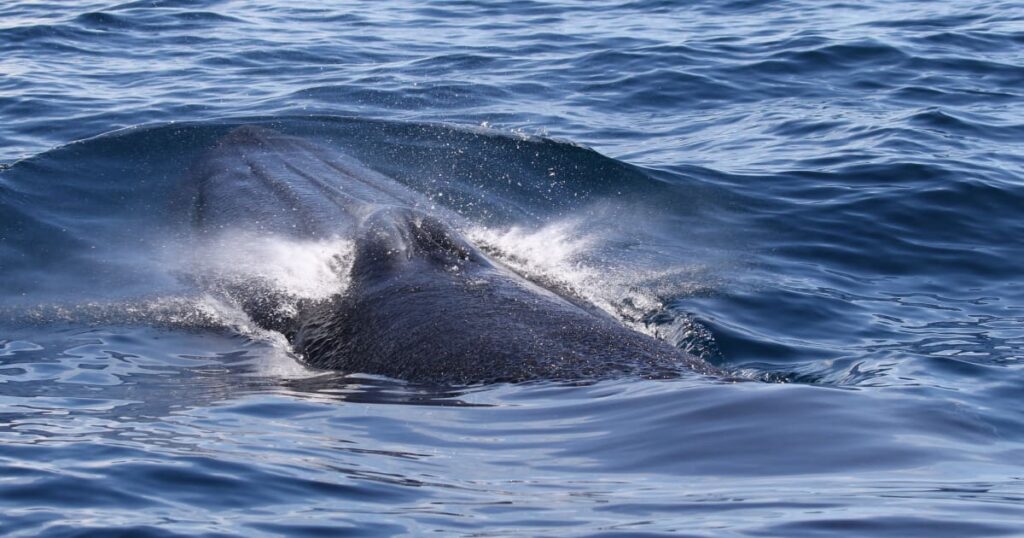
25. Study Finds Newly Identified Whale’s Favored Prey is Not Endangered
A new study conducted by Florida International University (FIU) has found that the recently identified Omura’s whale’s favorite prey, the euphausiid, is not endangered. The Omura’s whale is a small, elusive species that was only discovered in 2003.
The study’s authors used DNA barcoding to identify the euphausiid in the whales’ diet and found that it is a common and widespread species. The findings suggest that the Omura’s whale’s population is not at risk due to a lack of prey. The study highlights the importance of understanding the feeding ecology of endangered species and the need for more research into the diets of lesser-known species.
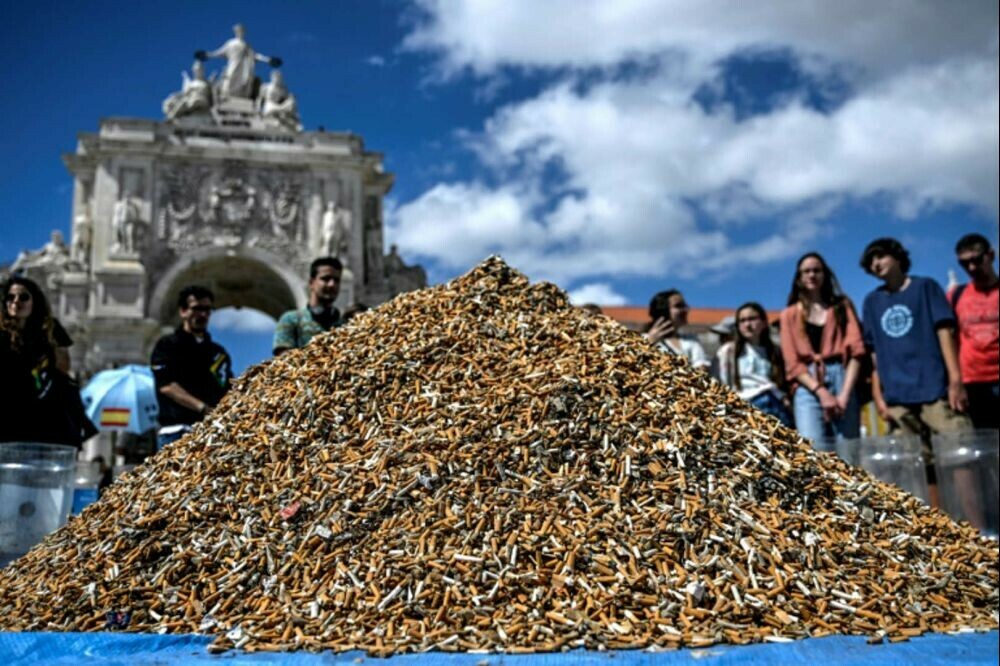
26. Climate Activists Pile up 650,000 Cigarette Butts in Portugal to Raise Pollution Awareness
Climate activists gathered 650,000 cigarette butts and piled them up in the heart of Portugal’s capital Lisbon on Sunday to raise awareness about the often-overlooked form of pollution. They collected enough stubs to fill 40 plastic buckets, then heaped them into a mound for a German climate campaigner to climb on.
“We asked everyone in Portugal to take part in this community project to raise awareness about plastic pollution, because plastic is hidden in cigarette butts and many people don’t know it.” The simple cigarette butt was a “beautiful example of how someone can start to take action” against littering, ocean pollution and ultimately the climate crisis. “We want to put an end to this problem by encouraging people to throw their butts in the bin or pocket ashtrays – anywhere but on the ground,” said David Figueira, who took part in the project.
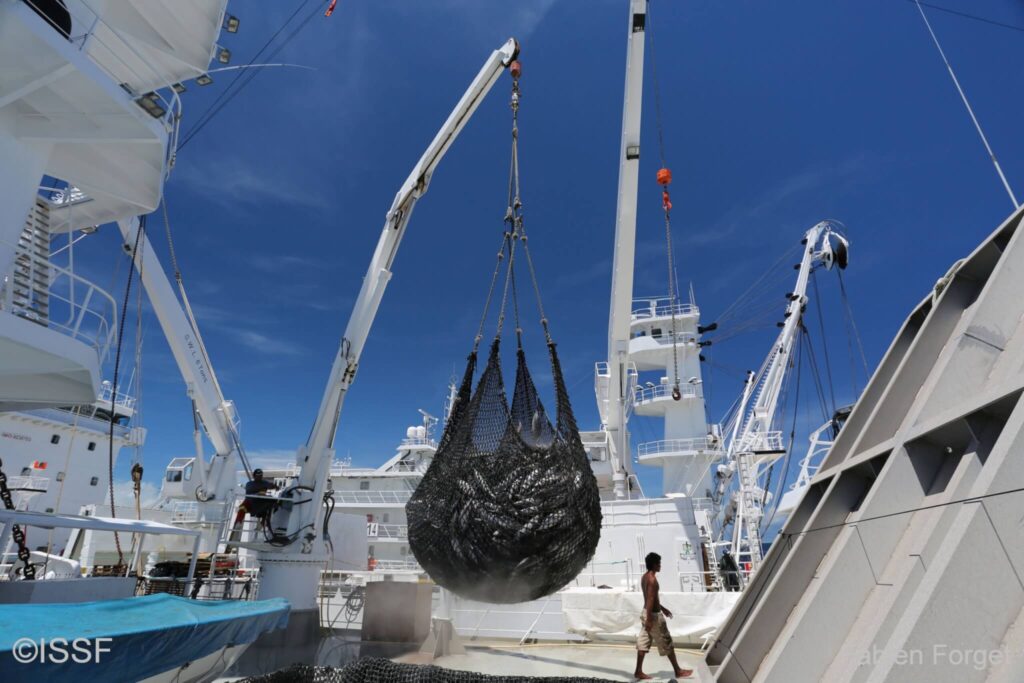
27. Seafood Companies Found to be Compliant in Sustainability Audit
A recent audit conducted by the International Seafood Sustainability Foundation (ISSF) has found that 100% of the tuna companies audited were fully compliant with the organization’s sustainability requirements.
The audit evaluated companies’ compliance with ISSF conservation measures for tuna stocks, including measures to reduce bycatch, protect shark and sea turtle populations, and improve data reporting. The ISSF works to promote sustainable and responsible tuna fishing practices worldwide. The organization’s CEO, ISSF President Susan Jackson, said the audit’s results are encouraging and demonstrate that the tuna industry is taking important steps towards sustainability.
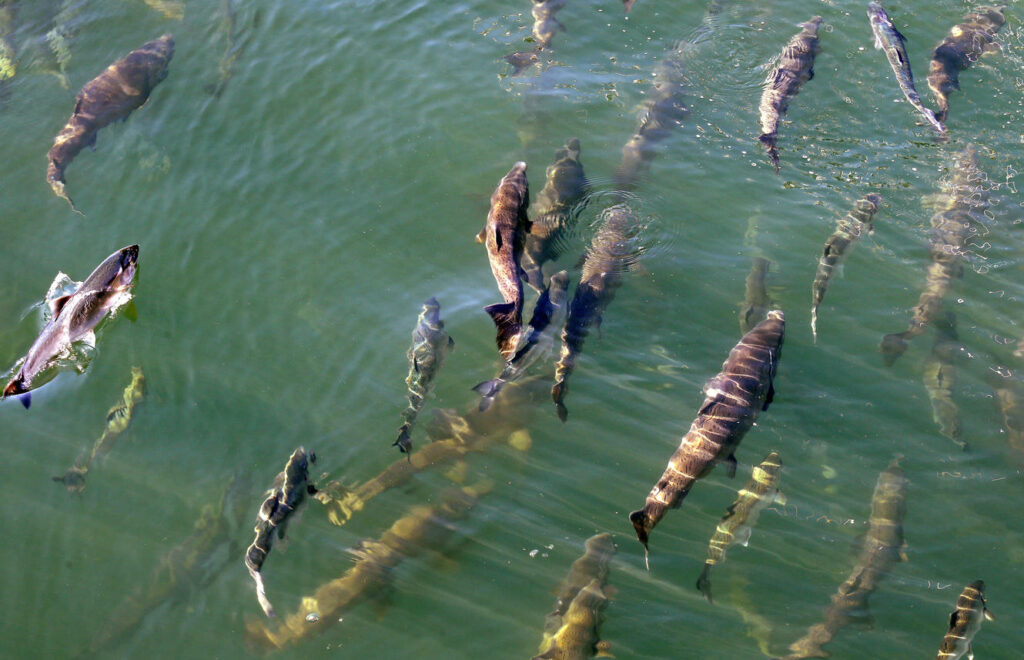
28. Can the United Nations help save Pacific salmon?
The United Nations has designated 2023 as the International Year of Wild Pacific Salmon, a recognition of the critical role that salmon play in the marine ecosystems of the Pacific Ocean. The designation aims to raise awareness of the challenges facing salmon populations, including habitat loss, overfishing, and climate change.
The Pacific Salmon Treaty, an agreement between the United States and Canada that governs the management of salmon populations, is up for renewal in 2028. The United Nations hopes that the International Year of Wild Pacific Salmon will help to focus attention on the need for a renewed commitment to conserving and managing these important fish populations.




